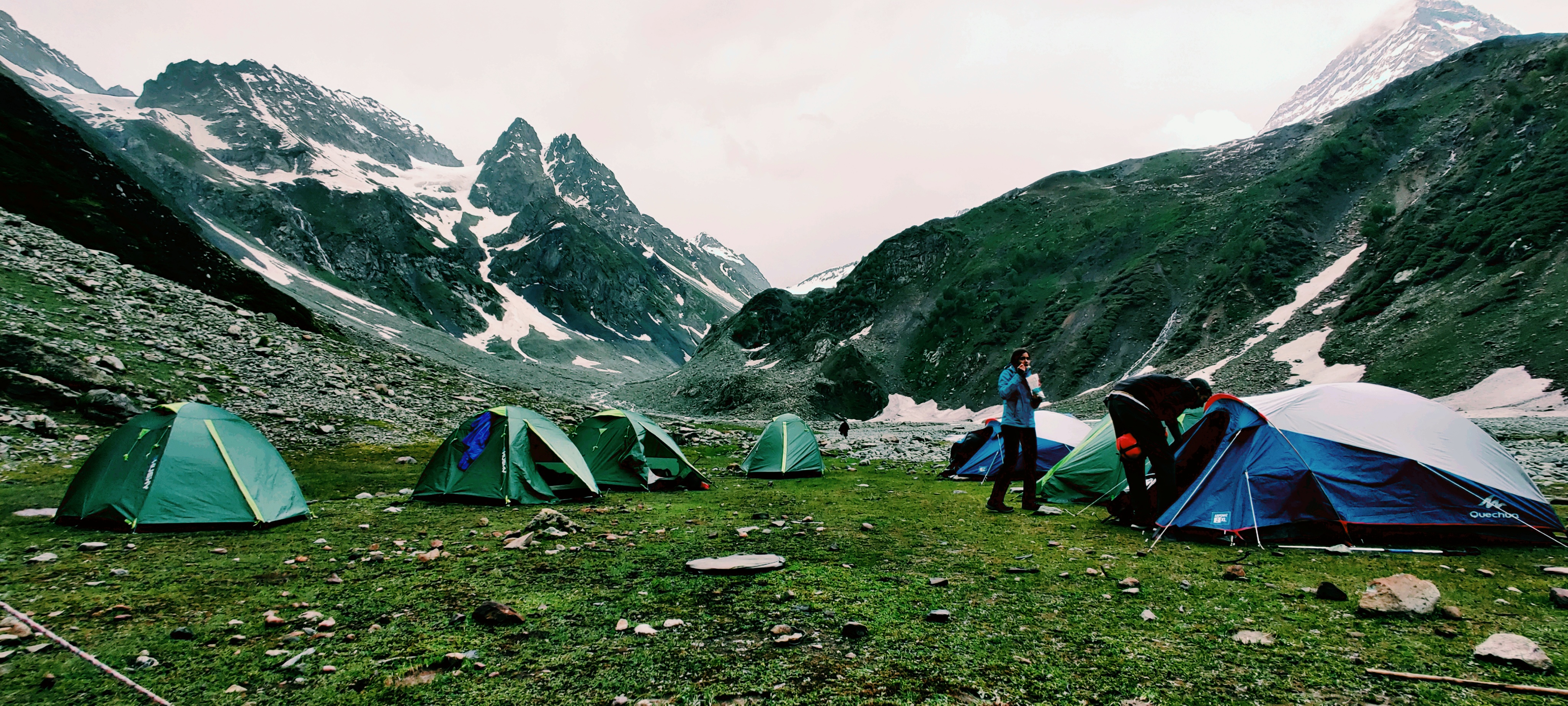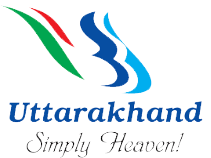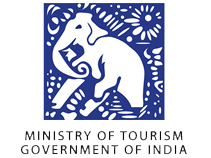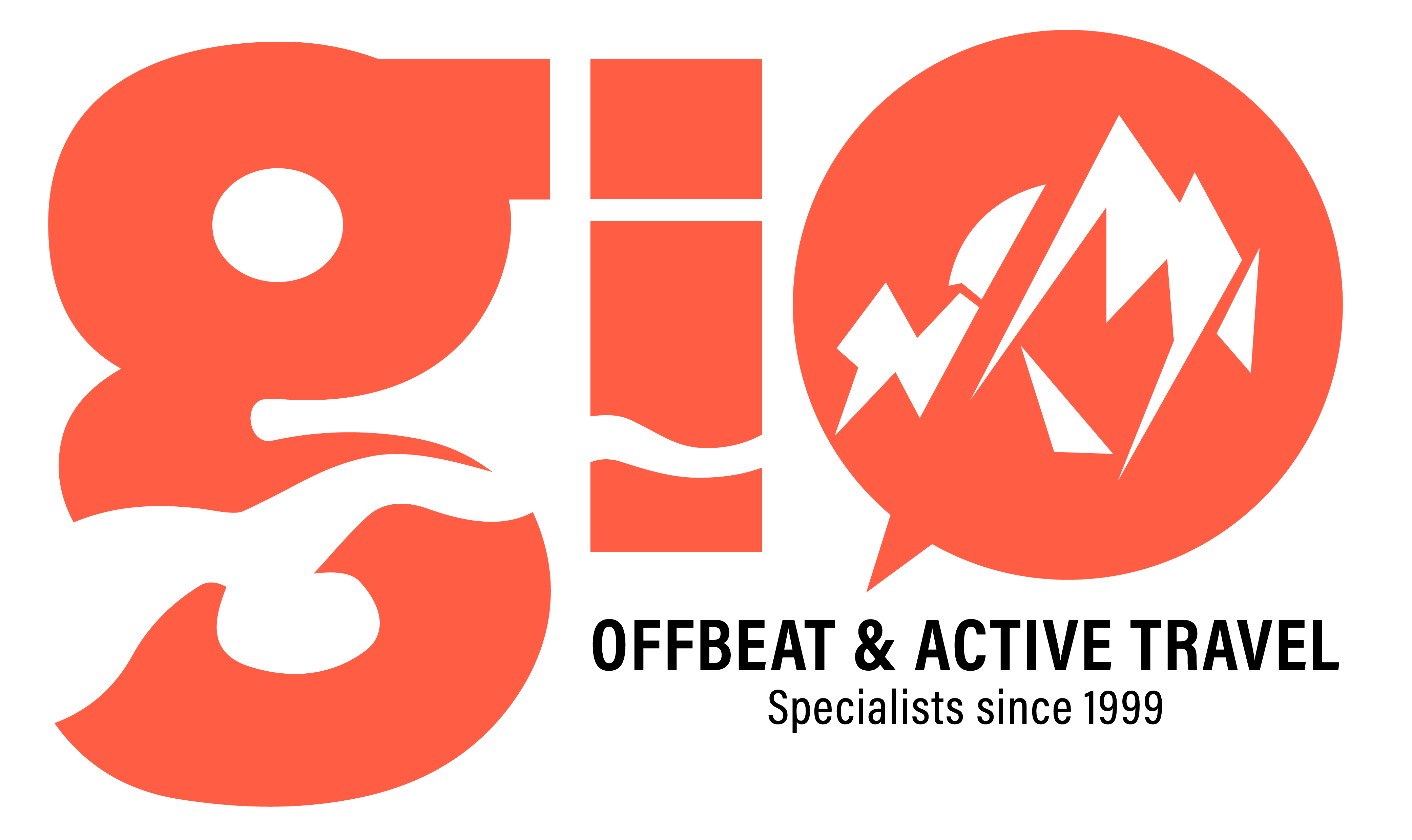- +91-7895979211, 7895979208
- LOGIN

KASHMIR GREAT LAKES
- Region - Uttarakhand
- Base Camp - Sonmarg
- Duration 7 days
- Altitute 4200
- Stay Alpine tents
- Difficulty Moderate +
Detail itinenary
Arrive at Srinagar airport & drive to Sonamarg, which will be our first campsite. The drive from Srinagar to Sonamarg is short & will take 3 hrs. Upon reaching Sonamarg, we relax here for some time, soak in the natural beauty and enjoy evening tea. Overnight in tents
Post breakfast we trek to Nichnai. The trek will be a gradual one along the Sindh River and will take you throughbeautiful meadows, dense forests of Pine, Maple& Himalayan Birch trees.We reach Shekdur in 3 hrs where you can stop for a while &follow the Nichnaistream as we trek further, from Shekdur to Nichnai. Upon arrival in Nichnai, enjoy a hot cup of tea along with various pass stories doing the round. Overnight in tents
Today’s trek from Nichnai to Nichnai Pass is gradual ascent.Once you reach the top of the pass, it’s a rapid descent toVishansar from the rocky terrain to meadows full of colourful flowers below.We reach the campsite by later afternoon and set to explore Vishansar Lake which is just 15 minswalk from the campsite. This is the first lake of the trek and one of the most beautiful ones amongst the other.
The day will start early today and we need to set out a little before time than usual.The trail passes from Vishansar to Gadsar, via Gadsar pass which is the highest point of the trek.From Vishansar, the trail takes a steep ascent till Gadsar Pass.We can see the Kishansar Lake on the way.From the Gadsar pass till the camp site, we descend gradually. We can spot the Gadsar lake en route.You might also spotglaciersat the Lake during initial period of season.After the Gadsar lake, we will reach the campsite, close to an Indian Army camp where all of ours ID will be checked
We walk on rocky paths for approx an hour and ascend till Jazz Pass.At the pass, you can enjoy views of the 4 lakes, Mt. Harmukh and its glacier.From the pass we descend down till GangbalLake and camp at Nandkol Lake.We visit the Gangbal Lake, which is one of the largest lakes in the trek.Post dinner we will indulge in cultural interaction
Today thetrail descends down till the last point of the trek – Naranag.The trail will pass through pine tree forests, you walk through thick green woodlands. From the base camp a 70 kms drive will take you to Srinagar.
About the trek
Kashmir has owned its status of paradise with pride in the words of Amir Khusro “Agar firdaus bar roo-e-zameenast, Hameenast-o hameenast-o hameenast” and even 700 years past the prophet Kashmir in every aspect is nothing but paradise. The verdant mountains and valley crown the country with serene landscapes. The pristine beauty has something to offer to everyone. The great Himalayas offer adventure enthusiast one of the country’s most desired treks. The Great Kashmir Lake trek which is the cherry on the cake amongst all the treks of the country, nestled up comfortably in the midst of the mountains, Kashmir Great Lakes Trek is one secret gem of Kashmir. The delightful Alpine and snow-clad mountains will stroll through the ways, and green glades, rough territories are there to bound the excursion. Kashmir lakes and its virgin excellence is enchanted. Aside from the beautiful lakes, even the desolate smooth snow clad mountains offer impeccable views. As a trekking junky one is in a fix so as to not miss an inch of the beauty these meadows and turquoise raised lakes offer. The magnificence of nature is a 360-degree fiesta of untamed mountains with vanilla white snow, green hamlets and pristine blue lakes.
Sketch Itinerary
Day 1: Arrive at Srinagar & drive to Sonamarg (2750m) (Drive/ 3 hrs).
Day 2: Sonamarg to Nichnai (3500m) via Shekdur (Trek/6 hrs).
Day 3: Nichnai to Vishansar (3600m) lake via Nachnai Pass (4100m) (Trek/ 7hrs).
Day 4: Vishansar lake to Gadsar (3800m) via Gadsar Pass (4200m) (Trek/ 6 hrs).
Day 5: Gadsar to Satsar (3700m) (Trek/ 6 hrs).
Day 6: Satsar to Gangabal (3500m) twin lakes via Zaj Pass (Trek/7 hrs).
Day 7: Gangabal to Naranag (2600m) & Drive to Srinagar (Drive/ 2 hrs)
Detail itinenary
Arrive at Srinagar airport & drive to Sonamarg, which will be our first campsite. The drive from Srinagar to Sonamarg is short & will take 3 hrs. Upon reaching Sonamarg, we relax here for some time, soak in the natural beauty and enjoy evening tea. Overnight in tents
Post breakfast we trek to Nichnai. The trek will be a gradual one along the Sindh River and will take you throughbeautiful meadows, dense forests of Pine, Maple& Himalayan Birch trees.We reach Shekdur in 3 hrs where you can stop for a while &follow the Nichnaistream as we trek further, from Shekdur to Nichnai. Upon arrival in Nichnai, enjoy a hot cup of tea along with various pass stories doing the round. Overnight in tents
Today’s trek from Nichnai to Nichnai Pass is gradual ascent.Once you reach the top of the pass, it’s a rapid descent toVishansar from the rocky terrain to meadows full of colourful flowers below.We reach the campsite by later afternoon and set to explore Vishansar Lake which is just 15 minswalk from the campsite. This is the first lake of the trek and one of the most beautiful ones amongst the other.
The day will start early today and we need to set out a little before time than usual.The trail passes from Vishansar to Gadsar, via Gadsar pass which is the highest point of the trek.From Vishansar, the trail takes a steep ascent till Gadsar Pass.We can see the Kishansar Lake on the way.From the Gadsar pass till the camp site, we descend gradually. We can spot the Gadsar lake en route.You might also spotglaciersat the Lake during initial period of season.After the Gadsar lake, we will reach the campsite, close to an Indian Army camp where all of ours ID will be checked
We walk on rocky paths for approx an hour and ascend till Jazz Pass.At the pass, you can enjoy views of the 4 lakes, Mt. Harmukh and its glacier.From the pass we descend down till GangbalLake and camp at Nandkol Lake.We visit the Gangbal Lake, which is one of the largest lakes in the trek.Post dinner we will indulge in cultural interaction
Today thetrail descends down till the last point of the trek – Naranag.The trail will pass through pine tree forests, you walk through thick green woodlands. From the base camp a 70 kms drive will take you to Srinagar.
PRICE INCLUSIONS
- Transport from and back to Srinagar in a Tempo Travelers. Pick-up location: Nishat Garden, Srinagar
- Accommodation: On double sharing basis
- Enhanced Menu: We offer enhanced menu where the food is nourshing, fresh & tasty
- Good quality of camping arrangements. The following equipment is provided on the trek
- 2 Professional guides to ensure high safety and more information and personal attention which are necessary to appreciate a trek. All our guides are professionally trained and have many years of relevant experience in guiding treks.
- Porter / Mule charges for carrying camping equipment & rations
- Forest entry charges, permits & camping fee for Indian guest only
- Basic first aid for the group
PRICE EXCLUSIONS
- Any meals/services not mentioned above
- No stay in Srinagar (this can be arranged at an extra cost)
- Porter/mule charges to carry your personal bag (can be arranged on extra cost of Rs. 3000 per person per bag of not more than 12 kgs
- Any charges for video cameras, still cameras, etc.
- Bottled water, alcohol, soft drinks, beverages, etc.
- Personal expenses like tips, telephone calls, laundry, etc.
- Any costs arising out of unforeseen circumstances like landslides, road blocks, bad weather, etc.
- Insurance
Departure Dates
Departure Dates
Reviews
Price per person
18500 18,500 18500 18,500
Group size
PAYMENT TERMS & CONDITIONS
- All payments for the trips, transfers, porterage, etc. should be made in full before the trip starts.
- Cancellation Policy: In the event that you need to cancel your booking due to any avoidable or unavoidable circumstances:
- We must be notified of the same in writing. Cancellation charges will be effective from the date we receive the request in writing. Any cancellation sent on a Sunday or any National Holiday(s), will be considered on the next official working day.
- Payment for this trip will not be adjusted towards any future trip(s)
- In the event of any cancellation(s) after trip commencement, there will be no refunds and any costs incurred due to this cancellation will be borne by you.
- Irrespective of when a trip is booked, the above condition will hold true
- Cancellation charges will be as follows
- >45 Days: Full refund (after deducting any expenses that have been incurred for hotel bookings, transport, etc.)
- 30-45 Days: 75% of trip cost will be refunded (after deducting any expenses that have been incurred for hotel bookings, transport, etc.)
- 15-30 Days: 50% of trip cost will be refunded (after deducting any expenses that have been incurred for hotel bookings, transport, etc.)
- <15 Days: No refund
VITAL INFORMATION
WEATHER DETAILS
This snow trek is organized between Dec & mid-March when the region has had good snowfall. Contrary to the popular belief winters is a good time to be in the mountains if one is equipped properly. Most locals inhabiting higher reaches of the mountains don’t mind the problems associated with snowfall and seem to have a good time during these months. Also there are lots of local festivals in these months. In these months weather is generally clear most of the days. Day time is normally pleasantly warm with one getting to enjoy sitting out in the sun. Temperature would be around 12-17 °C. Evenings are quite cold and one would need to be inside a tent/room or sitting outside next to fire with proper winter clothes. The evening temperatures will be around – 3 to 5 °C. Nights can be very cold with temperatures in the range of – 8 to 0 °C.
Please keep in mind that the above information is not exact and does not account for sudden changes. Whatever the temperatures and conditions rest assured we will be prepared to handle it with ease as we use equipment of very high specifications.
LIST OF ESSENTIALS
It is very important for this adventure trip that you need to be equipped properly and with a bit of back up. Mountain/adventure travel requires one to be adequately equipped with the right kind of personal gear. Since one is travelling in the wilderness there will be hardly any opportunity to buy anything once you hit the trail so we urge you to carefully pack everything into your bags.
- T-shirts (Full) – 2/3
- Warm shirt/light micro fleece pullover/full sleeve T shirt
- Trekking Pants (water resistant/repellent & having inside lining for extra warmth) - 2
- Windproof/water resistant outer shell (jacket) of good quality (no flimsy wind cheaters please!) with a proper hood
- Down jacket with min 600 fill power rating
- Thick Fleece / Full-sleeve Woollen sweater
- Thermal inner wear (upper & lower)
- Woollen cap (Balaclava)
- Inner fleece gloves
- Outer water proof gloves
- Thick woollen socks & regular socks (4 – 5 pairs)
- Scarf/muffler (optional)
- Comfortable waterproof (Goretex) Trekking/Hiking shoes (shoes with a thick sole and high ankles are recommended)
- Camp shoes (these can be easy to slip in sneakers/sport shoes)
- Gaiters
- Raincoat / Poncho
- Small light weight towel
- Insulated water bottle & hydration pack (optional)
- Cap / floppy hat to keep the strong sun away from your face
- Sun glasses with UV protection and ability to cut the glare (imp when traversing through snow)
- Sturdy walking stick / Trekking pole
- Sunscreen Lotion
- Lip Balm
- Torch / Flashlight (with extra batteries)
- Medicines, if requiring any specific medication
- Personal toiletries
- Book, if you like reading
- Day pack/small bag which you will carry on your back every day and keep your essentials in it
- Carry rain cover for your bags
- Keep a few poly bags or waterproof bags in your bag in which if required you can put your belongings in case of heavy rain
- Camera if you like (with fully charged batteries)
- …LOADS OF ENTHUSIASM!! AND A PLEDGE TO LEAVE NO TRACE
Carry your stuff in a duffel bag, soft shoulder bag or a rucksack. Avoid suitcases, trolleys or any other hard luggage. As you will be walking long distances carrying a rucksack, avoid bringing unnecessary items on the trek. Please avoid carrying expensive watches, jewellery and electronic items on the trek.
NOTE: In case you are planning to put your bag on a mule or taking a porter please get a duffel bag or rucksack and keep it in mind that there is a possibility that the bag at times might brush against a rock or a tree and get slightly damaged so don't get very expensive bags. Also in case of damage we shall not be held accountable.
TRANSPORT OPTIONS (DELHI – DEHRADUN – DELHI)
For travel to Dehradun/Haridwar/Haridwar, one can choose between air, rail & road. For air travel, the closest airport is the Jolly Grant Airport (Dehradun) and is well connected to Delhi and other parts of the country by Air India, Jet Airways, GoAir & Spice Jet. Train travel is highly recommended with enough options being there. For train details, you could log on to www.indianrail.gov.in and for online railway ticket bookings you could log on to www.irctc.co.in.
There are frequent Public Transport buses including Volvos available from Delhi to Dehradun that cost about Rs. 300 - 800 per person. These buses depart from Delhi ISBT every 30 mins to 1 hr or so and take about 4/5 hrs to cover the distance. The same is also applicable on the return journey. A private vehicle could also be arranged for if you require the same.
OUR TREKKING CODE
We are mountain lovers and have pledged to bring no harm to them in our pursuit of running organised wilderness travel in the Himalayas and seek your assistance too in this regard. We are more than convinced that one can have more fun on a trip if we go about it in a way that no harm is caused to the ecology. In this regard we have a set of guidelines that we adhere to based on the tenets of 'Leave No Trace' & 'Tread Light' policies. These guidelines are very simple and emphasise on travelling in small groups, better planning, understanding impact of camping, proper waste disposal, respecting local cultures, sensitivity towards wildlife and so on. We have a complete section on our trekking code in the 'GIO trekking Manual'. This manual will be couriered to you once you confirm a trip with us.
ACCLIMATISATION & HIGH ALTITUDE SICKNESS
This is one of the most important aspects of traveling in the high Himalayas and cannot be ignored or set aside. Acclimatization basically means our body adjusting to lower levels of oxygen (rarefied air) & reduced air pressure as me move up. In case one does not acclimatize properly there are chances of the person facing extreme discomfort and this can be fatal in extreme cases. While there is no set route to getting properly acclimatized there are general precautions and steps that one can take to initiate good acclimatization. Our trekking guides will assist you with these steps and also once you book a trip with us the 'GIO Trekking Manual' which will cover this aspect extensively will be couriered to you. This is sure to help you enjoy the trek in very good shape.
SELECTING THE RIGHT TREK & TRAINING FOR IT
Most important thing is to select the right trek keeping in mind your experience or inexperience, health, objectives & ability. Our senior team people can assist you with this, so when contacting us do mention if you need guidance on this front also refer to our trek grading system mentioned below. Once the right trek is selected comes your preparation. Once you have booked a trip with us we will courier the 'GIO Trekking Manual' to you which will have a complete practice drill explained in detail.
TREK GRADING SYSTEM
We have broadly classified our treks as below:
Easy: These treks are 3 to 5 days long and involve walking for about 3/4 hrs daily. The trail on such treks is well defined but not always flat. These are great for families and first-timers
Moderate: On these treks, one is not required to trek for more than 5/6 hrs a day. Also the terrain is not too difficult. These treks are normally a week or so long. For these treks, prior trekking experience is not necessary. Very rarely on these treks would one camp at altitudes higher than 3800m. These treks are great for first-timers or for veterans wanting to go on a trail which is relatively less demanding
Moderate+: These are moderate treks with mostly one difficult day. These trails are fine for fit beginners also.
Vigorous: On these treks one can be required to trek continuously for more than a week through remote areas and at times trekking for more than 7 hrs a day. On most of these treks one has to cross passes or areas which are snow-covered and involve camping at an altitude of more than 4000m. Fit people with some kind of hiking experience & a spirit of adventure can contemplate going on these trails.
Strenuous: These treks apart from having continuous trekking stretches are at places technical and might require assistance from trip leader/guide and other staff people. All these treks have rest days in between. Also, all of them involve crossing passes or areas having an altitude of more than 4500m. First-timers are discouraged from walking such routes.
Expedition Style: These involve long walks at high altitudes at times around 6000m. Camping can also be well over the snow line and on glaciers at times. Safety ropes, ice axes, and crampons might be required on these treks. These treks are not technically very difficult but are considerably challenging. Previous vigorous/strenuous trekking experience is required.
DISCLAIMER
Great Indian Outdoors (P) Ltd. takes utmost care to ensure the safety of its clients. However, in the case of any unforeseen mishaps, Great Indian Outdoors (P) Ltd. will not be liable for any injuries caused or for loss of life. All disputes rising due to the above are subject to the jurisdiction of the courts in New Delhi/Delhi only. All participants would be required to sign an Indemnity Form before the start of the program, without which they would not be allowed to take part in the trip/program/activities.
Recognised by Ministry of Tourism, Government of India as an Approved Adventure Tour Operator



Contact Us
 GIO Adventures Pvt. Ltd
GIO Adventures Pvt. LtdDehradun - Uttarakhand
- +91-7895979211
- info@gio.in
